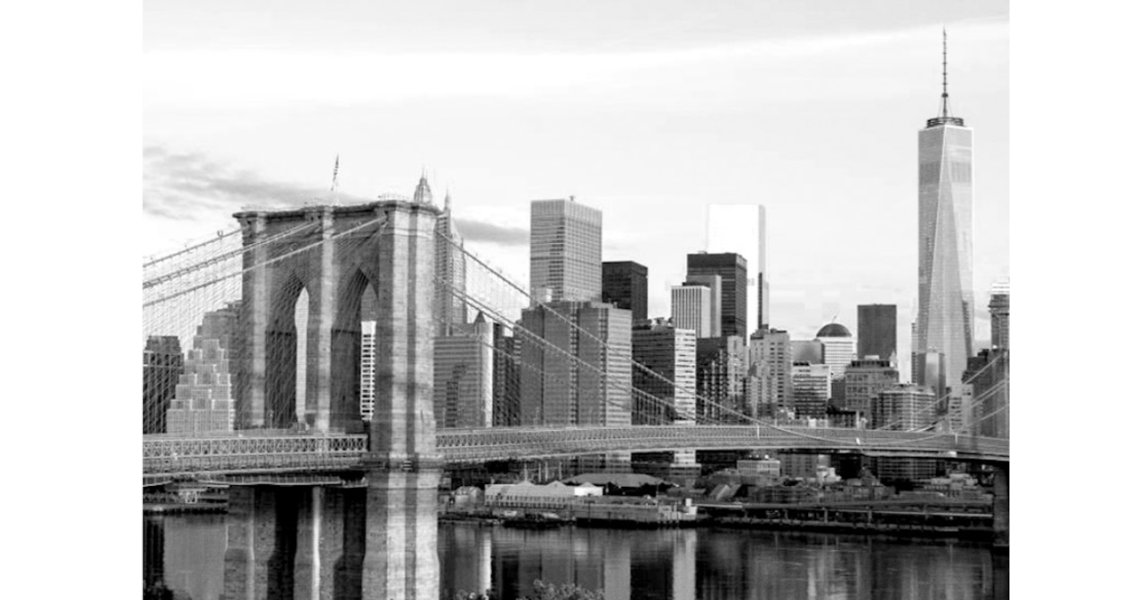The luxury industry was already undergoing massive change even before the coronavirus kicked in. The trends that were in place, like luxury brands experimenting with e-commerce and direct-to-consumer, have been accelerated to the point that many are shying away from traditional luxury stalwarts like department stores.
In the latest edition of Glossy+ Talks, Deirdre Quinn, CEO of luxury brand Lafayette 148, spoke about some of the biggest changes and challenges facing luxury brands today and how she’s been monitoring, discussing and adjusting her business’ operations to meet them.
In her preamble to the talk, Glossy editor-in-chief Jill Manoff described Quinn as a survivor, whose brand has lived through several crises and times of upheaval. Here’s a few things we learned from hearing the fashion veteran discuss the biggest changes she’s seen.
Old rules of luxury are changing
“We started out 100% wholesale,” Quinn said. “We brought it down to 60-40, but this year it will probably be 40-60, and we want to make it even lower. We’ll be less reliant on department stores and focusing more on servicing our customer directly.”
Sticking with department stores and a more traditional view of wholesale isn’t the smartest path forward for luxury brands right now. Customers will still shop luxury online and DTC, especially right now since it’s the only option in many areas. Many will likely continue shopping luxury online, even once stores re-open.
“The No. 1 focus should be on the customer,” Quinn said. “Wherever she goes, you have to follow. If she wants to shop online, let her.”
Everyone will have to discount now, whether they like it or not. According to Quinn, whose own brand got stuck with a large amount of unsold inventory, discounts are a tool to be used to retain cash flow during the crisis, but it’s still not something she wants to keep doing once it’s no longer necessary.
Casual and comfortable luxury will be the norm. Blouses have instantly become one of Lafayette 148’s best-selling categories, and it’s worth it for brands to think about what categories people are going to need and want in the near future.
Be flexible
Lafayette 148 has instituted a number of new programs and plans since the crisis began. Livestreaming, manufacturing masks and pushing toward a stronger e-commerce business all have become priorities.
The brand owns its own factory in China, which is both a blessing and a challenge, according to Quinn. “The crisis started at our factory in China in January. We didn’t even come back from Lunar New Year,” Quinn said. “The sweet part is we’re one big family and they’ve taken some pressure off us in New York, but owning your own factory is hard work. I don’t always recommend it, but we have great partners and you’re only as good as who you surround yourself with.”
The brand applied for and received a PPP loan immediately and used it pay rent and keep payroll up, even though it had to furlough around 50% of staff.
Quinn said on area she thinks will be a big focus for the brand in the future is custom clothing. If a customer is taller than average and wants her pants to be manufactured longer, that should be an option. It goes back to the idea of following the customer wherever they go. If they want something, you should try and offer it.
Being more conservative
Like many brands, Lafayette 148 experienced immediate cancellations of orders from wholesale partners after receiving several large orders, leaving the company with a huge backlog of inventory to sell through.
Quinn’s been telling her staff not to get excited about big orders from wholesalers any more. Caution is the best approach right now, as putting too much effort and resources into an order only to lose it due to coronavirus-related cancellations can be devastating.
Some risks are still worth taking. Lafayette canceled its June catalog, but will produce and ship an August and September catalog.
“We’re down 40% from where we thought we were going to be at this time,” Quinn said. “Going into next year, I’m going to be very conservative. I really don’t want to get stuck with a lot of inventory again. May has been better than April, and I hope June will be better than May, but we can’t know if the customers are ready to come back. I won’t be the first to open stores. Caution is the best advice I would give.”
Event video
Slide deck

Quinn advised luxury brands that DTC can be a valuable asset, even if luxury has traditionally shied away from it.


Some risks like discounting will be necessary, but caution, especially on inventory, will help brands avoid costly mistakes.






